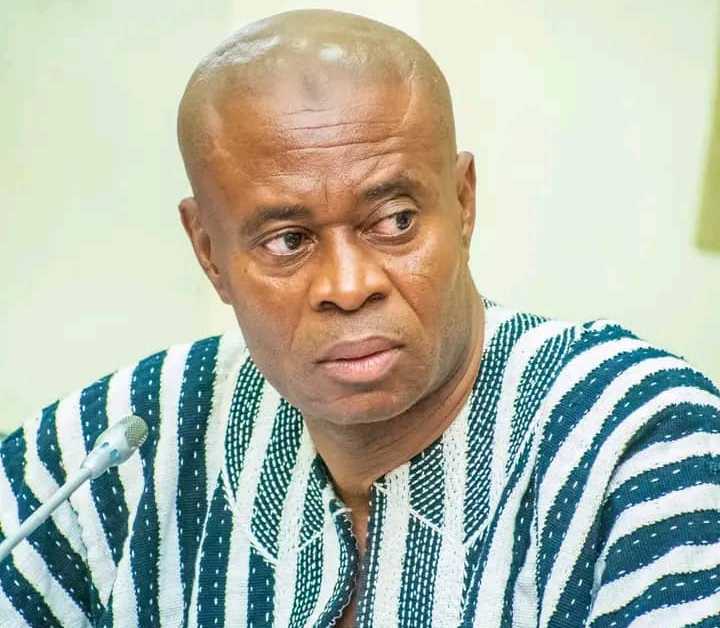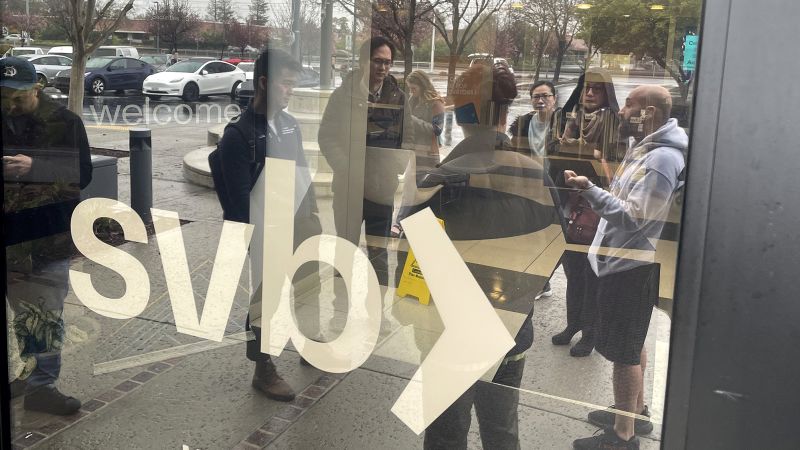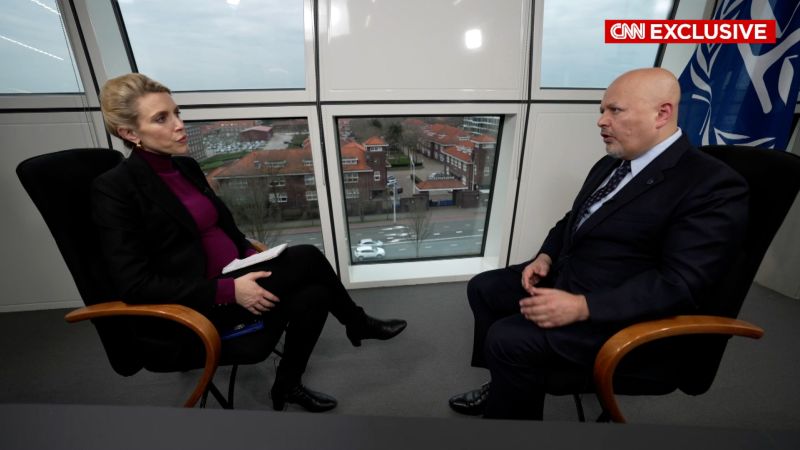On 26 October, Angel City FC’s Elizabeth Eddy made her first post on X in nearly two years. In it, Eddy in essence responded to the Guardian’s report that the NWSL had quietly dropped its inclusion policy for trans and intersex athletes, leaving the league’s future stance on the matter undecided.
The New York Post gave Eddy’s writing a signal boost the next day, republishing it in full.
“I’m concerned that without clarity about who the league is for, it will lose its identity and its momentum,” Eddy wrote in the piece, which broadly advocated for a ban on trans athletes from the NWSL, to protect “the integrity of women’s sports” so the league does not lose “its identity and its momentum.”
It’s unclear how Eddy thinks the NWSL’s integrity has been harmed – either under its former policy that allowed trans athletes in the league, or its current lack of one. The league, now in its 13th season, has developed a clear identity. It’s highly competitive. It’s commercially and culturally powerful. It’s, well, an integral part of the global women’s soccer scene. The league’s momentum appears to be largely fine, too – to pick just two data points, viewership has grown every season, and in 2026 the league will expand to 16 teams, nearly doubling its size in the last five years.
Eddy cites the English FA’s recent ban on transgender athletes from women’s soccer as a success story. Yet England’s ban is believed to affect only 20 or so grassroots players out of 5.5 million registered athletes. There’s reason to believe the effect would be similarly negligible here in the US. In 2021, when the league’s trans inclusion policy took effect, the NWSL had two trans players: Quinn and Kumi Yokoyama. Both have since left, and no out trans players currently play in the league. On the 2025 season’s opening weekend, the league welcomed its 1,000th player. That’s just two out trans players out of over 1,000 in league history.
Eddy’s piece is written as if there is a pipeline of trans players set to take over the league at a moment’s notice. There is no such thing. There are currently no out trans players competing at a professional level in the United States. Federal legislation expressly prohibits trans players from competing in NCAA college soccer. And aside from all that, multiple peer-reviewed studies have shown that trans athletes have no biological advantages over cis athletes.
In the absence of out trans people, transphobic attacks have continued along racial lines. When the Orlando Pride’s Barbra Banda was named the BBC’s player of the year, a wave of online abuse followed. The NWSL was painfully slow to act in support of their star player. The Kansas City Current’s Temwa Chawinga and her sister Tabitha have experienced similar abuse. It’s all derived either from the fraught world of gender testing standards, the players not looking outwardly feminine enough to some, or some combination of both those factors.
In her piece, Eddy does manage to identify that there is harm in legislating bodies in this way, saying “This uncertainty serves no one, as questions and controversy abound over intersex and transgender athletes.”
But she doesn’t seem to realize how her op-ed further enables those harms. As Suzanne Wrack put it in the Guardian earlier this year: “What the hysteria over an almost impossible hypothetical situation does is open the door for transphobic and racist targeting of female football players and creates an environment that makes trans people, young trans people, or those questioning their gender identity at grassroots level feel as if they don’t belong in football or sport.”
This harm is exponentially increased by the New York Post’s shameful decision to run Eddy’s op-ed with a photo of Banda, who like many athletes of color are frequently targeted by transphobic attacks. And Eddy’s own teammates know it.
“That article does not speak for this team in this locker room,” Angel City FC captain Sarah Gorden told reporters on Thursday. “We don’t agree with the things written for a plethora of reasons, but mostly the undertones come across as transphobic and racist as well. The article calls for genetic testing on certain players, and it has a photo of an African player as a headline. And that’s very harmful. As a mixed woman, with a Black family, I’m devastated by the undertones of this article … And there are players in this league and in this locker room that are directly harmed by what was written in the article.”
after newsletter promotion
Even if one were to ignore all that and believe that trans inclusion constitutes a real problem for the NWSL, it’s hard to see how it would outrank any number of other issues that have actually blunted the league’s momentum and affected its integrity.
There are continuing issues around working conditions for the professionals that make the league run. Six former San Diego Wave employees are suing the club and the NWSL alleging, in part, racial and disability discrimination, sexual harassment, and negligence to prevent discrimination and sexual harassment. The Guardian reported the NWSL denied wrongdoing, saying they had “no duty of care” to the six employees.
There are issues concerning player care. In May, Angel City defender Savy King collapsed on the field, requiring emergency medical treatment before leaving the field on a stretcher. On-field play resumed, even though players were visibly distraught. The NWSLPA called on the league to revisit their medical protocols. Then, in August, when a nationally televised match between the Orlando Pride and the KC Current faced an extreme heat delay, NWSL commissioner Jessica Berman reportedly threatened to fine the Current over a disagreement in the league’s extreme heat procedures.
There are more pedestrian, on-field issues too, as European leagues like the WSL grow in financial might enough to start attracting some of the NWSL’s best players away from the league and country where they made their careers.
Trans athletes did not factor into any one of these issues. And it’s unlikely they will, regardless of whether Eddy’s suggestions come to pass.









 English (US)
English (US)